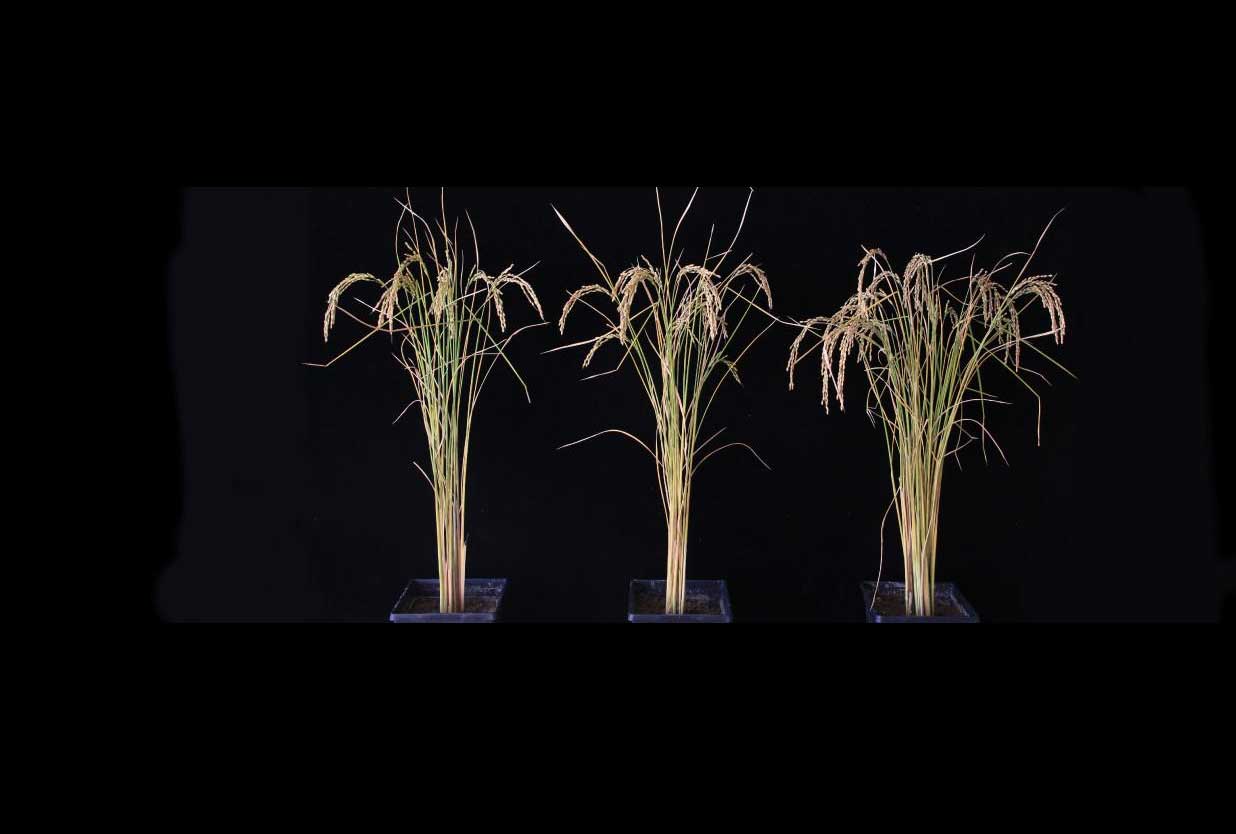In initial tests, adding a gene encoding for a protein called FTO to both rice and potato plants increased the yield three times under laboratory conditions and in real field tests, the plants grew 50% more mass and yielded 50% more rice or potatoes. They grew longer roots, photosynthesized more efficiently, and could better withstand stress from drought.
“The change really is dramatic,” said University of Chicago Prof. Chuan He, who together with Prof. Guifang Jia at Peking University led the research. “What’s more, it worked with almost every type of plant we tried it with so far, and it’s a very simple modification to make.”
The researchers—along with other leading experts—are hopeful about the potential of this breakthrough, especially in the face of climate change and other pressures on crop systems worldwide.
Food demand increases
A recent study conducted by Wageningen University and Research, IIASA and Twente University in The Netherlands shows that the worldwide food demand will increase by between 35% and 56% over the period 2010-2050, due to population growth, economic development, urbanization, and other drivers. At the moment, 820 million people in the world do not have enough food. Increasing the yield of crops using RNA modification may be a solution. On the other hand, some governments in wealthy countries are contemplating decreasing food production because of the impact of agriculture on greenhouse gas emissions and biodiversity.
More information can be found on the website of Chicago University.
Image: University of Chicago



